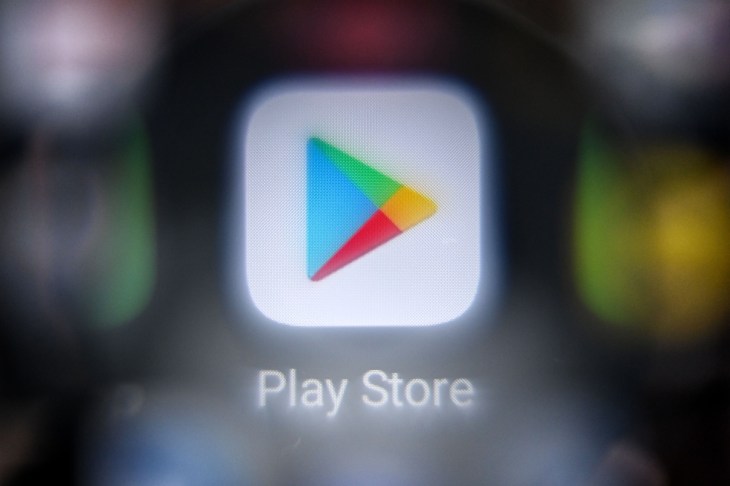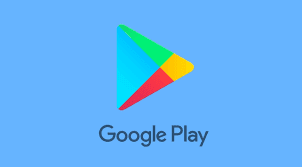Google will pay $700M as part of Play Store dispute settlement, A class action lawsuit filed in September by consumers and U.S. states, initially filed in 2021.

In September, a settlement over the Play Store was reached, and today, Google said that it will pay $700 million, of which $630 million will go to US consumers and $70 will go to a fund utilized by US governments.
A class action lawsuit filed in September by consumers and U.S. states, initially filed in 2021, was tentatively settled by the company. Still, today the search giant revealed the settlement’s specifics to the public.
Google’s monopoly on Android app distribution through the Play Store was brought to light in the case.
Developers were able to use different payment methods for in-app purchases because of Google’s user choice billing initiative, which was launched in November 2022 in the US.
According to the corporation today, as part of the settlement, it will extend the program throughout the nation. Google noted that depending on the customer’s selected billing method, developers will be able to display various purchase costs in the app.
Furthermore, the corporation promised to expedite the sideloading procedure. But, it made clear that the business will change its messaging around sideloading.
Also see: Google moves to end geofence warrants, a surveillance problem it largely created
Users who attempt to sideload an app currently encounter a pop-up with warning language. After seeing this pop-up, users are directed to the settings screen, where they can install applications from “unknown sources.” As part of the settlement, Google will have to merge these two screens. This sideloading flow must be maintained by the corporation for a minimum of five years without modification, according to the agreement.
“While we maintain it is critical to our safety efforts to inform users that sideloading on mobile could come with unique risks, as part of our settlement we will be further simplifying the sideloading process and updating the language that informs users about these potential risks of downloading apps directly from the web for the first time,” Wilson White, VP, Government Affairs & Public Policy at Google said.
In a blog post, Google noted that Android 14 has simplified the process of updating apps by providing additional controls for third-party app stores through an API.
This advancement at the moment Google and Epic’s antitrust lawsuit was unsuccessful. In a blog post today, Google stated that although it didn’t recognize the choice and competition that our platforms enable, the case is “far from over” and that it intends to appeal the decision.
The trial revealed Google’s agreements with businesses such as Spotify, which did not pay a commission on in-app sales made through the Play Store.
The Epic v. Google trial revealed that the search engine giant is aware that developers will not move to other operators for a 4% discount provided through user choice billing. In addition to the 4% Google is offering, developers will also have to pay fees to those processors.
Corie Wright, Vice President of Public Policy at Epic Games, responded to Google’s settlement with the State Attorney General by saying that consumers will receive “no true relief” from this payment.
Also see: Google’s Bard gets a big upgrade with Gemini, Google’s next-gen AI model
“Consumers will continue to overpay for digital goods as a result of Google’s imposition of supracompetitive 30% fees for Google Play Billing or 26% junk fees on top of payments Google isn’t involved in processing. Developers will also continue to be restricted in how they distribute their apps, and developers who choose to use a third-party payment option will be forced to use Google’s deceptively labeled “user choice billing” system rather than having creative freedom over the design of their payment systems,” Wright said in a statement.
In a blog post, Epic also stated that the gaming business will look for “meaningful remedies to truly open up the Android ecosystem” in the next part of its legal battle with Google.




















